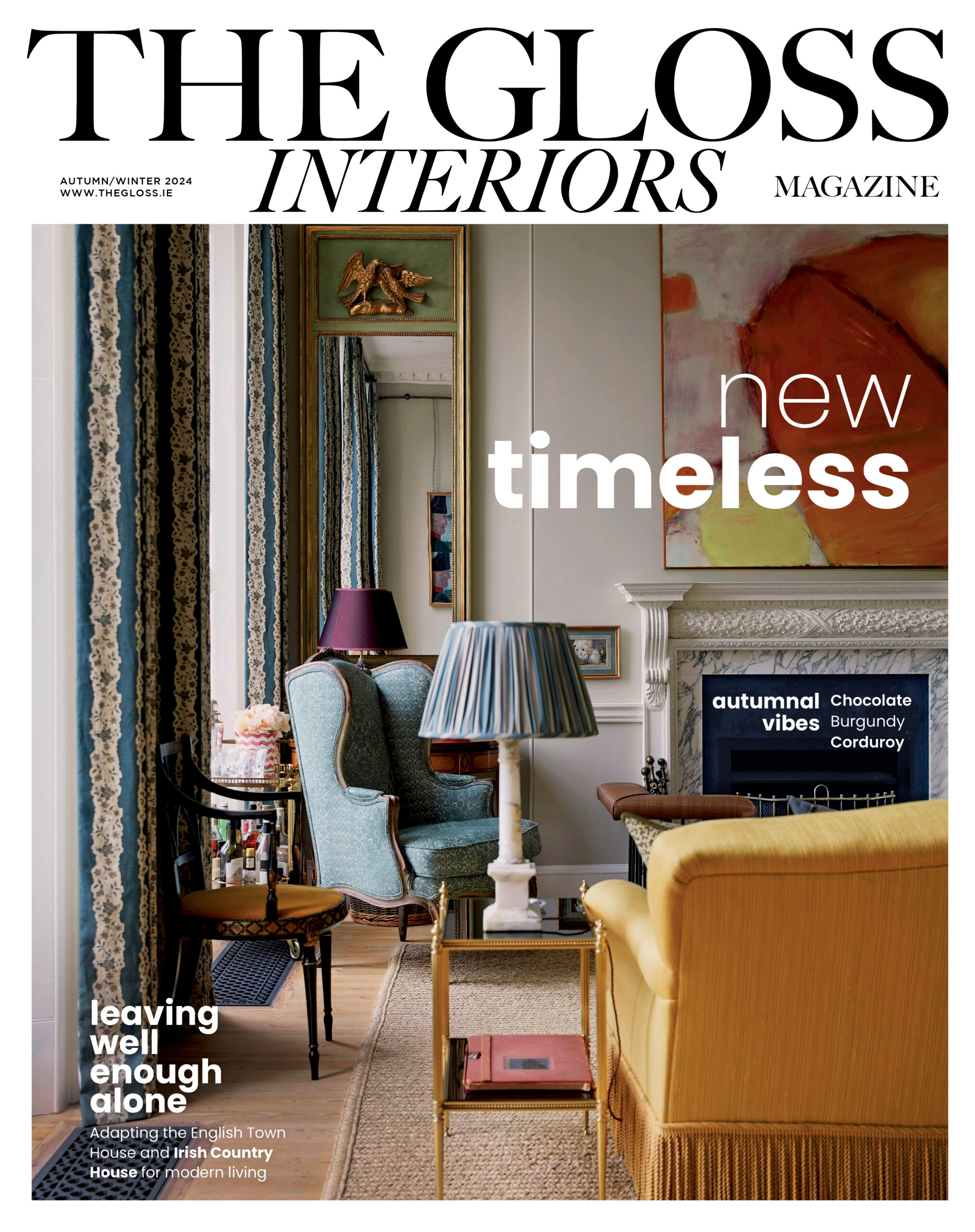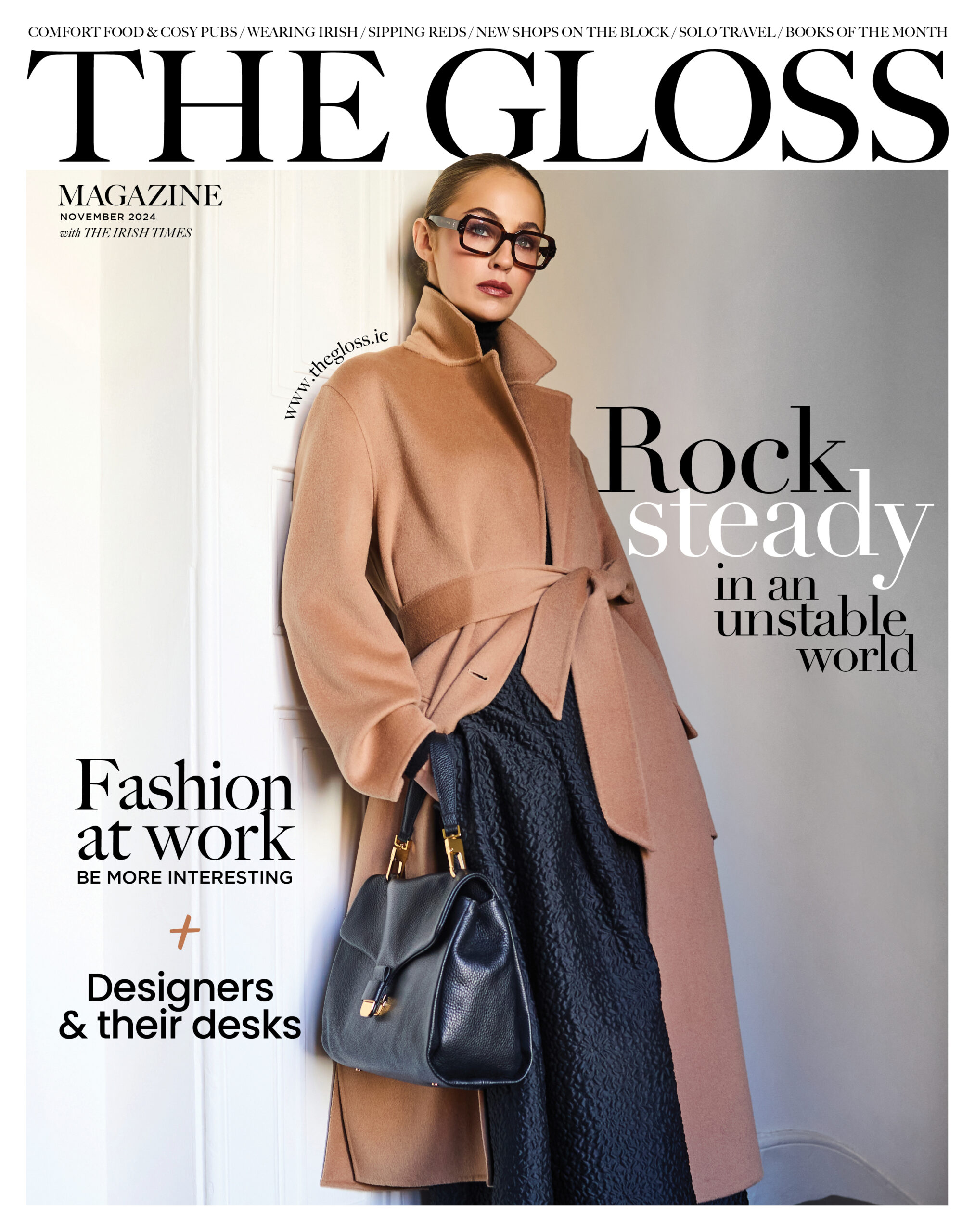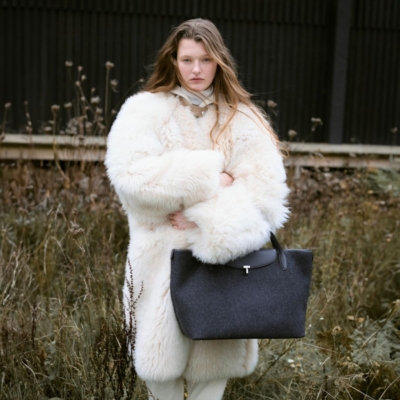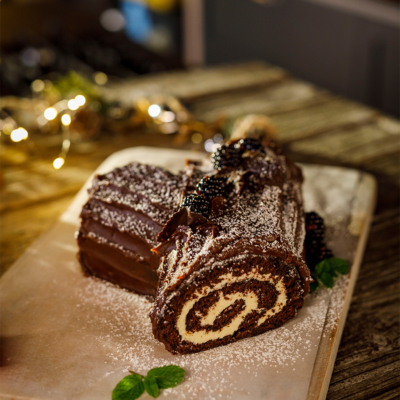Lockdown relief can be found in many forms, such as a newly sparked interest in cooking, an improved exercise regime, or binge-watching the entire series of Normal People in one night. Perhaps all of these pastimes are helping to maintain your peace of mind at present, but there is one particular habit which has surpassed the rest and that is online shopping.
As people began to retreat back to the safety of their own homes, busy streets quietened and stores started to close. The internet quickly filled the retail gap as we took out our laptops and smartphones, brewed a cup of tea or poured a glass of wine and escaped online to our favourite stores, willing them to still deliver. Recent statistics shown by Wolfgang Digital demonstrated a dramatic increase in online traffic and revenue since the beginning of February – you only have to observe curbside cardboard pile-ups on bin night as evidence. Parcel delivery service DPD has hired over 200 extra workers to keep up with the demand and we are all squinting through windows to see what the postman is delivering to our glamorous neighbour. But has retail therapy actually been working – as a therapy I mean?
From gardening enthusiasts to fashion lovers, retail therapy isn’t limited to a particular high-spending coterie. In fact, even the most controlled shoppers display a touch of shiny object syndrome when faced with the cleverly inescapable ‘free delivery’ and ‘reduced price’ alerts. As one woman told me, “Some sites have up to 40 percent off certain items in current collections. I see it as an opportunity to get a few good items I couldn’t ordinarily afford. While most of us have taken pay cuts, it’s unlikely we will be spending money on a holiday, or going to events of any kind. Getting a few investment pieces at a good price actually makes sense.”

A canvass of friends over the May Bank Holiday revealed how many women are shopping from home. They reason that if they are not spending any money on going out, they can justify spending on an item they will have for a long time: “It’s certainly not occasionwear,” says one, “I am drawn to things like a timeless cotton summer dress, a light sweatshirt, a linen sweater or a pair of trainers – stuff I can wear now but also when garden entertaining restrictions are eased. It will feel like such a thrill to be able to have a couple of friends over for a glass of wine – even if my hair will be silver by then, I can wear a new dress!”
There are no such things as ‘guilty pleasures’ during lockdown. If adding one or two extra items to your cart sparks a child-like thrill and has you carefully eyeing your front door for the next couple of days like a puppy on neighbourhood watch, opt for doing so without a negative inner dialogue and relish the experience. Acts of kindness have illuminated the dark moments of this pandemic. It is equally vital to focus on your own daily pick-me-ups. Having something to look forward to is an incredible motivator – especially if it comes in a box from your favourite boutique. Spotting an oversized blazer might encourage a personal style renaissance, a donation or the selling of old clothes to make way for the new or a future outfit idea post-quarantine. “I’ve focused on a few new blouses,” says one woman currently working from home. “There are so many Zoom meetings, mine is a waist-up approach! If I have a smart new blouse and my lipstick on, I feel I am putting my best foot forward and getting dressed for work the way I would always have done when going to the office and meeting my clients in real life.” Fashion is a creative space to have fun and feel confident, in which case, the postman joking that he is delivering packages to your home every single day is not necessarily a bad thing.
Psychologist Dr Louise Clarke from The Consulting Clinic provides a deeper analysis on why people have especially gravitated towards online shopping during lockdown. “The pandemic has brought uncertainty, fear, disruption and isolation to our daily routine, all of which can lead to an increase in anxiety and for some a feeling of not being in control. The psychological factor behind retail therapy during a crisis is a response to anxiety. When we feel anxious we naturally seek comfort and control. Anxiety prompts us to shop because it can make us feel better in times of difficulty, and more in control and prepared during a crisis.”

Boutique businesses have seized the opportunity to keep spirits high despite being closed. Customer loyalty offline is thriving with shoppers eager to show support for their favourite stores and welcoming innovative ways to continue enjoying them. The bond between retailer and customer has strengthened during this tricky time and shown how much their connection is valued. Clodagh Shorten, owner of Cork boutique Samui is grateful. “Our customer appreciation has gone through the roof! They’ve been incredible the way they’ve rallied; we’ll be forever grateful. Also, the local business community has been amazing. I’ve never seen businesses supporting each other in such a warm-hearted way.”
Store owners are determined to meet customers’ needs at a distance and provide frequent business updates via their social media accounts and websites: “We’re posting regularly on our social media platforms, showcasing our new-season collections and giving customers as much information as we can in an attempt to replicate an actual visit to the shop”, explains Clodagh. Now, more so than ever, stores are maintaining an open mind and listening carefully to their target market with customers equally providing helpful feedback. A boost in engagement is good for business but even better for morale. The ability to converse with those outside of our confined spaces produces that sense of normality we have been craving. Some businesses have been embracing new opportunities presented by lockdown, such as going the extra mile in personally delivering orders and catching up with their clientele – two metres apart of course. Such dedication from both parties represents a strong sense of community, alliance and friendship and a good basis on which to weather the ongoing storm and remain hopeful for the future.
Retail therapy has proven itself a valued coping mechanism during these complicated and unprecedented times. Tension can run high, meaning sacred moments of escapism are now non-negotiable priorities. Whatever your online shopping preference, Clodagh highlights happiness is paramount, “What we’re seeing from our communications with our customers is that people are feeling a bit down and fed up and in need of something nice, some little ray of sunshine in their day. If that’s a visit from the postman with a bottle of perfume or a new dress, so be it. We do what we have to do to stay sane.” Happy shopping!
LOVETHEGLOSS.IE?
Sign up to our MAILING LIST now for a roundup of the latest fashion, beauty, interiors and entertaining news from THE GLOSS MAGAZINE’s daily dispatches.











